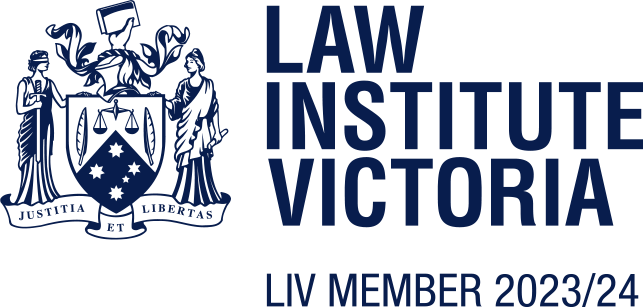An advance care directive is a document that sets out binding instructions, preferences and values regarding medical treatment under the Medical Treatment Planning and Decisions Act 2016 (Vic).
It operates to direct health care professionals as to your wishes when you no longer have the capacity to advocate for yourself.
Advance care directives are also binding on any persons you have appointed as a medical treatment decision maker.
An advance care directive may also contain an instructional directive or a values directive. An instructional directive is a legally binding statement directed to your health care professional outlining whether you consent to, or refuse, specific future medical treatment.
A values directive is where you record your preferences and values for your medical treatment and is designed to assist medical treatment decision makers and health care professionals in determining your preferred course of treatment.
Who Can Make an Advance Care Directive?
Any person (including a child and people with disability) may make an advance care directive if they have the capacity to make decisions and understand the nature and effect of each statement they make in a directive.
A person has decision-making capacity if they are able to:
- understand the information relevant to the decision and the effect of the decision;
- retain that information to the extent necessary to make the decision;
- use or weigh that information as part of the process of making the decision; and
- communicate the decision and the person’s views and needs as to the decision in some way, including by speech, gestures or other means.
When is an Advance Care Directive Used?
Barring emergencies, health care professionals are required to get consent before providing any form of treatment. An advance care directive operates only once you have lost capacity to consent to medical treatment. It directs health care professionals (and any persons to whom you appoint as a medical treatment decision maker) as to your wishes. In this way, you are consenting to, or refusing, treatment. Health care professionals are expected to make all reasonable efforts to find out whether you made an advance care directive.
Without an advance care directive, your health care professionals will defer to your medical treatment decision maker.
How to Prepare an Advance Care Directive
Advance care directives may be created without using an official form, but they must be carefully drafted to meet the formal requirements set out in the Medical Treatment Planning and Decisions Act 2016 (Vic).
Your advance care directive must be in writing in English, include your full name, date of birth and address and be signed and witnessed.
Two adult witnesses are required, and each witness must sign and date the directive in your presence and in the presence of each other. Importantly, at least one of the witnesses must be a registered medical practitioner and neither witness may be a person who you have also appointed as a medical treatment decision maker.
In terms of your medical treatment preferences, some things to consider include:
- how you would like to manage your pain and suffering, dignity and independence;
- personal, cultural or religious beliefs; and
- aspects of life and function that are most important to you.
What should I do with my Directive?
Your directive should be stored in a safe place. Provide copies of the directive to your appointed medical treatment decision makers, family, carers, friends and family doctors.
An advance care directive may also be uploaded to My Health Record. Doctors, hospital staff and specialists may be able to see your My Health Record online in instances of emergency.
We can help
If you’d like help in getting an Advance Care Directive prepared for you – please contact us on 03 9548 5500




No comments yet.